Here's how skin serums can really impact the appearance of your skin
Taking good care of your skin has never been easier or more accessible. There are some skincare products that provide the biggest impact to your routine. Skin serums are one of those. In this blog post, we will discuss what skin serums are and why they are so important for keeping your skin healthy and looking its best!
What are skin serums?
Skin serums are a type of skin care product that contain high concentrations of active ingredients and are designed to be absorbed deeply into the skin. They are designed to repair daily damage that occurs in the skin due to environmental factors, diet, stress and hormones.
Serums can be used as spot treatments to target specific areas or over the whole face and neck. There are also serums available for the body and scalp. There are many different formulations available, so it's important to choose one based on your skin type and needs.
What are the benefits of using skin serums?
The benefits of using skin serums include the following:
🌿 They help hydrate and nourish your face with vitamins, minerals and antioxidants. These ingredients can help protect your skin against free radicals and daily damage due to environmental pollution. This means fewer wrinkles, dark spots and texture issues over time! Consistency is key here. The earlier you start and the longer you use skin care serums, the better the anti-aging results will be.
🌿 Serums can also help to improve your skin's texture and firmness, giving you a more youthful appearance.
🌿 Some serums even contain ingredients that can help to lighten dark spots and brighten your complexion.
How do I use a skin serum?
Most serums are applied just after cleansing but before any additional products like moisturizers, face oils, sunblock or makeup. Serums can be applied morning and evening or just once a day, depending on your skincare needs and skincare regimen.
Apply a small amount (pea size) to your fingertips and rub them together before applying evenly across your face. Some serums can be safely used in the eye area but others cannot.
Make sure to read the label of your serum to see if it’s safe for use around the eyes.
Which ingredients in a skin serum can benefit the skin while minimizing irritation?
While we all have heard about Retinol, Vitamin C and various acids in skin serums, these might not be for everybody. If your skin is prone to irritation, you might want to look at a different kind of skin serum that does not contain these ingredients.
A serum made to minimize irritation will attempt to nourish the skin without disrupting the natural balance of the skin barrier. The best serums contain ingredients that are part of the skin’s Natural Moisturizing factors along with effective active ingredients that are not too aggressive or irritating.
Here are some desirable ingredients for preventing irritation while benefiting from a serum:
Hyaluronic acid or HA
Hyaluronic Acid is a naturally occurring substance in our bodies and its primary function is hydration! It retains water molecules which means less dryness and irritation for sensitive skin types due to external factors like pollution or even climate change.
If you have sensitive skin, try to use products that only contain High Molecular Weight (HMW) Hyaluronic acid, as this is the most suited for those with reactive skin. If your favorite serum does not have this information, ask the brand for more information.
Niacinamide or Vitamin B3
Niacinamide is sort of a skin superhero. Not only is it well tolerated but it can help to improve your skin’s overall tone, texture, brightness and appearance by reducing the appearance of fine lines or spots.
More is more with Niacinamide. Most skin types, especially sensitive skin types will see best results at 2 to 4% of Niacinamide in a serum. Higher percentages of Niacinamide can prove irritating to some skin types.
Dexpanthenol or Vitamin B5
This can also be referred to as Panthenol or Pro-Vitamin B. Dexpanthenol is a form of Vitamin B that is used in skin care products because it has humectant properties which help with moisture retention, keeping your face hydrated without feeling oily!
It may sound too good to be true but studies show that Dexpanthenol can also help to stimulate collagen production, therefore preventing wrinkles and fine lines from forming. It’s safe for all skin types so if you see this ingredient listed in your favorite serum – it’s a good choice!
Probiotic Lysates
Probiotic Lysates are a relatively new and unique ingredient in skin care. They are produced when probiotics (beneficial bacteria) are lysed or broken down. What’s left behind is a powerful peptide that helps hydrate and calm the skin. This ingredient can be beneficial and is tolerated well by all skin types, especially those with rosacea, eczema or acne.
Sodium PCA
Sodium PCA, a natural humectant, is a boon for sensitive skin. It attracts and retains moisture, effectively hydrating without irritation. This gentle ingredient helps create a protective barrier, keeping sensitive skin plump, smooth, and less prone to dryness and discomfort.
Allantoin
Allantoin is a sensitive skin savior. With its exceptional soothing properties, it calms irritation, redness, and inflammation. This gentle compound promotes skin healing, making it an ideal choice for those with sensitivity, as it helps alleviate discomfort and support skin recovery.
Rice Proteins
Rice Proteins offer sensitive skin a myriad of benefits. These proteins help to improve skin's texture, making it smoother and reducing sensitivity. Their brightening and nourishing qualities can enhance the overall complexion, making it a smart choice for those seeking a gentle solution for sensitive skin.
Forshelli Hindre Face Serum was specifically designed to contain all of these ingredients that are beneficial in a serum without causing irritation.
Do I need a skin serum AND a moisturizer?
Not necessarily. A good serum can contain active ingredients that benefit the skin and also ingredients that help prevent water loss in the skin.
For those with sensitive skins, oily skins or those looking to reduce the number of products they use on their skin, an oil-free face serum like Forshelli Hinre can be ideal.
For those with dry skin, you could follow this up with a good quality face oil that contains all the essential omega fatty acids that the skin cannot make on its own, like our Stell Face Oil.
How do oil-free serums help maintain skin hydration in sensitive skin without exacerbating oiliness or causing breakouts?
Oil-free serums utilize lightweight humectants like Hyaluronic Acid to provide hydration without adding extra oils. Hyaluronic Acid attracts and retains moisture, preventing dryness in sensitive skin without contributing to oiliness or acne breakouts.
Can serums be safely used by individuals with conditions like rosacea or eczema, which often accompany sensitive skin?
It depends on the serum. If it's targeted for sensitive skin and does not contain any harsh actives, serums are generally safe for individuals with conditions like rosacea or eczema. These conditions often coexist with sensitive skin. It's important to choose serums with soothing and anti-inflammatory ingredients that are known to benefit these conditions, such as Niacinamide (Vitamin B3) and Licorice root extract.
What should individuals with sensitive skin consider when integrating a serum into their existing skincare routine to maximize its benefits?
To maximize the benefits of a serum for sensitive skin, individuals should consider the compatibility with their other skincare products. Layering the serum under a face oil or non-comedogenic moisturizer can help lock in hydration and enhance its effectiveness. Additionally, always perform a patch test before full application to ensure the serum doesn't cause any adverse reactions.
What happens to the skin if I don’t use a skin serum?
Since most of us live in areas of environmental pollution, daily damage can occur to your skin. A good skin serum can help offset some of this damage and keep your skin looking soft, hydrated, healthy and resist the impact of sunlight, harsh winds, air pollution and everyday chemicals that can land on your face.
If you do not use a serum, your skin will likely become dry, irritated and dull looking over time and your skin will appear tired-looking faster. A good quality serum can help to prevent these signs of aging while also providing hydration and nourishment to the skin.
Invest in a good serum – your skin will thank you!


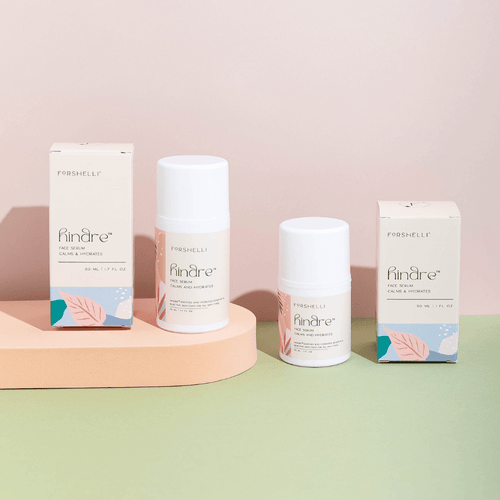
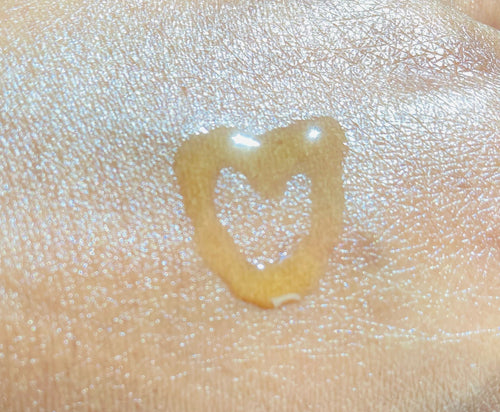

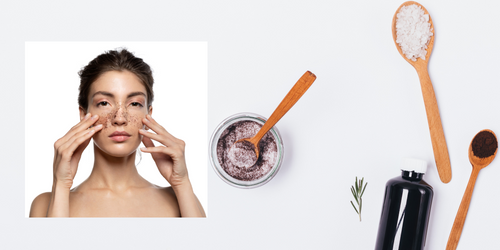
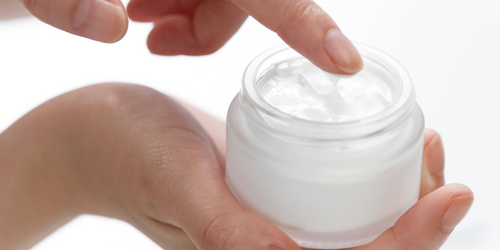

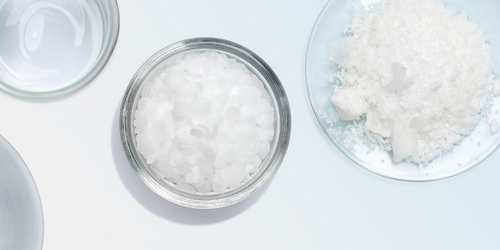
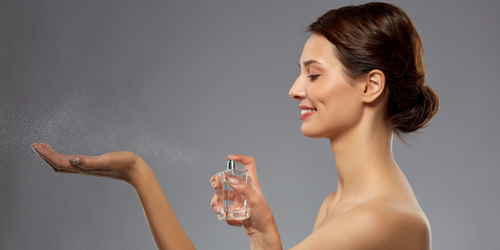
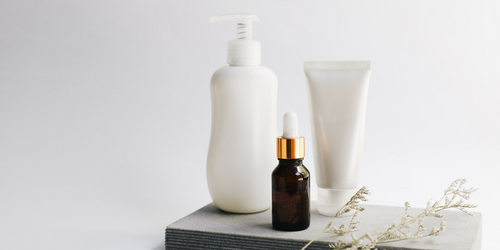
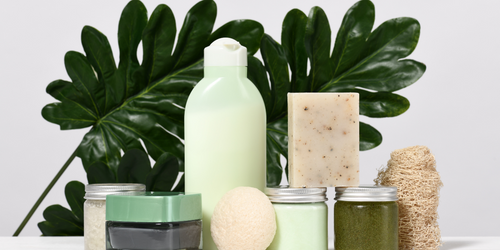
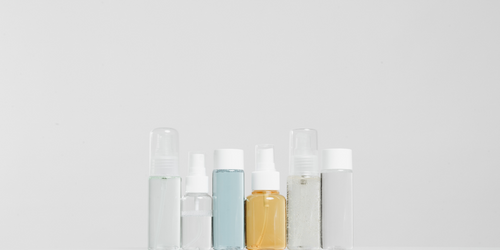
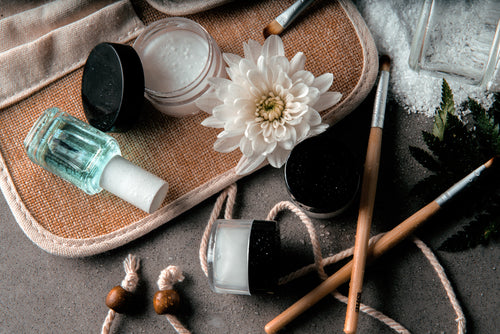



Leave a comment: